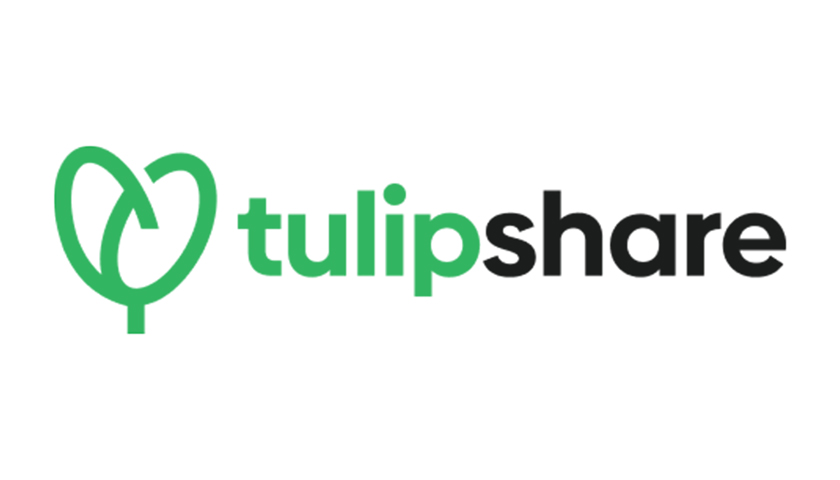Activist investor, Tulipshare, has filed a shareholder proposal requesting Nike’s board oversee and issue a report to shareholders assessing the effectiveness of its existing supply chain management infrastructure in ensuring alignment with Nike’s equity goals and human rights commitments.
Tulipshare recommends Nike’s report includes:
-
Assessment of whether existing policies and implementation mechanisms, such as codes, guidance and supply chain contract terms ensure alignment throughout the value chain;
-
Methodology and metrics to track and measure performance on forced labour and wage theft risks;
-
Consistency with OECD Guidelines, UN Guiding Principles, and Sustainable Development Goals;
-
Consideration of American Bar Association (ABA) Model Contract Clauses on human rights in the supply chain; and
-
Whether the assessment yields any changes to company policies, decision making, and implementation mechanisms.
Commenting on the filing, Antoine Argouges, CEO and founder of Tulipshare: “Across the apparel industry, forced labour occurs both in the production of raw materials and during manufacturing, especially at lower tier suppliers. An estimated 27.6 million people are trapped in forced labour, with annual increases in forced labour driven entirely by the private economy. The UN Guiding Principles require corporate responsibility to respect human rights within operations and supply chains. As shareholders we agree Nike should expand “opportunity for women” considering a majority of their garment workers are women and the exacerbated human rights violations during the pandemic.
“Nike’s impact report includes continued support for the UN Global Compact. However, Nike’s communication on progress only meets six of seventeen Sustainable Development Goals. Nike has not disclosed adequate analysis regarding the efficacy of traceability steps taken to address the risks of alleged Uyghur forced labour across its supply chain tiers, nor does Nike disclose engagement with affected rights holders or whether remedies are satisfactory to victims; KnowTheChain identified Nike policies in need of improvement: purchasing practices, worker voice, and remedy.
“In 2022, the EU adopted a directive on corporate sustainability due diligence in global value chains, requiring companies like Nike to identify, prevent, end or mitigate adverse impacts on human rights. This directive sets obligations, penalties and liability for large companies, with respect to their own operations, subsidiaries, and business partners.
“In 2023, garment-worker unions and labour-rights groups filed a complaint alleging Nike’s treatment of workers and unpaid wages violated OECD guidelines. Nike allegedly owes an estimated $1.4 million in unpaid wages to Cambodian garment workers, with Nike’s overall wage theft from workers alleged at $28 million.
“One possible approach for Nike to fulfil its responsibility to avoid causing or contributing to adverse human rights impacts in its supply chain is deployment of the ABA’s Model Contract Clauses. The contract clauses are aimed at ensuring responsible purchasing practices, such as reasonable assistance to suppliers, responsible exit, and victim remedies.
“With our proposal now headed to the AGM, we call upon all investors to band together, use their collective shareholder powers and encourage Nike to adopt stronger environmental and social commitments, ensuring that one of the most beloved companies in the world is being responsibly managed with leadership accounting for all material risks and opportunities.”
